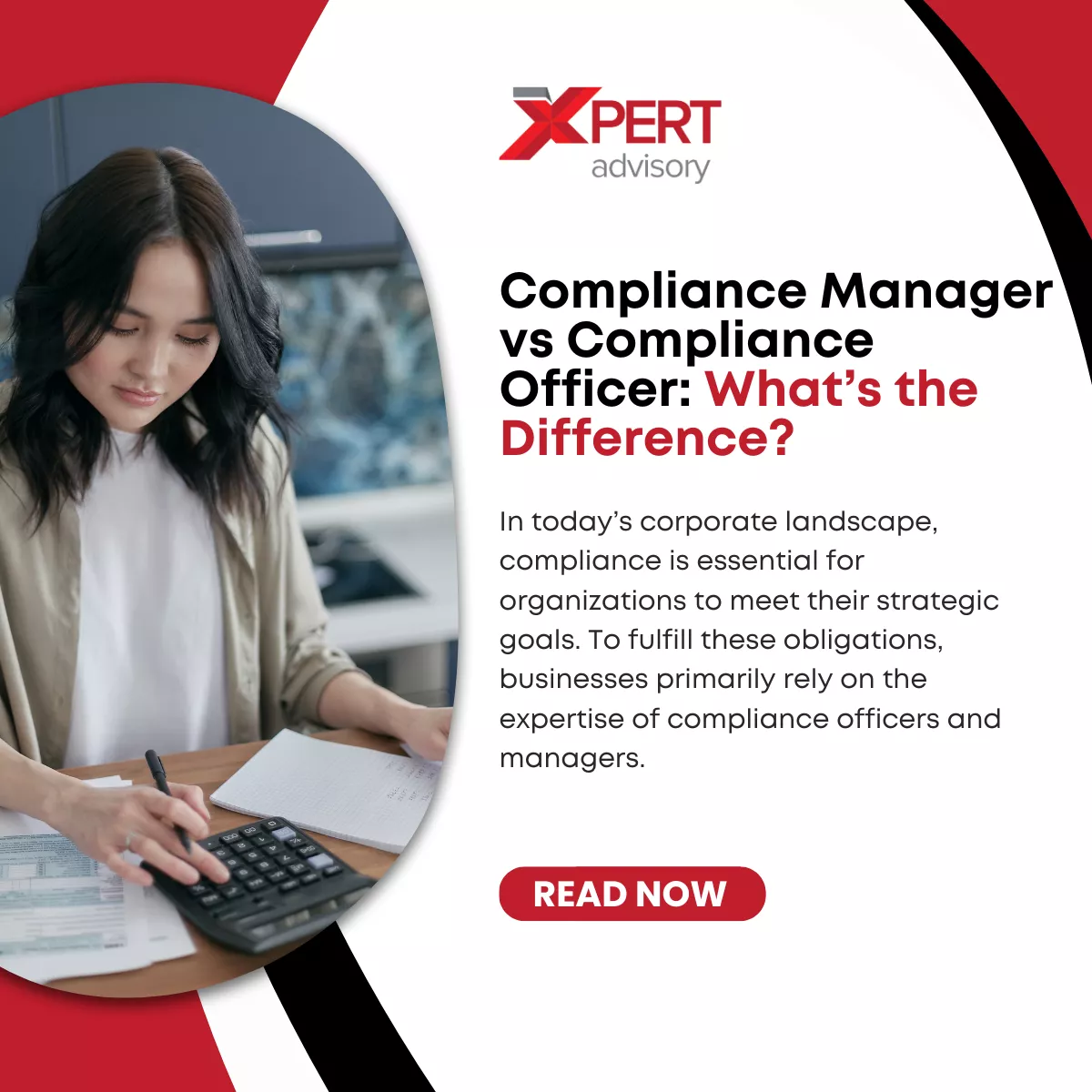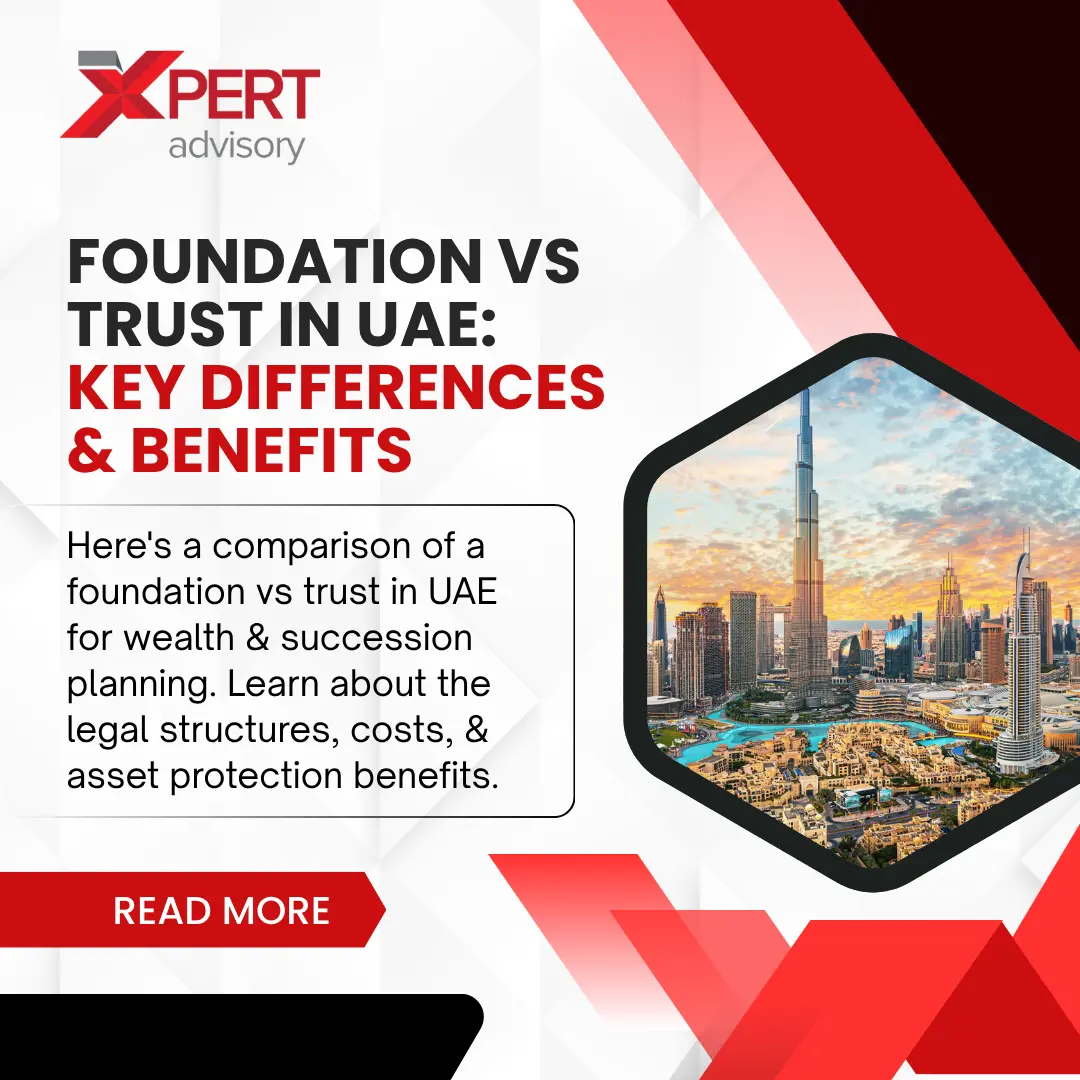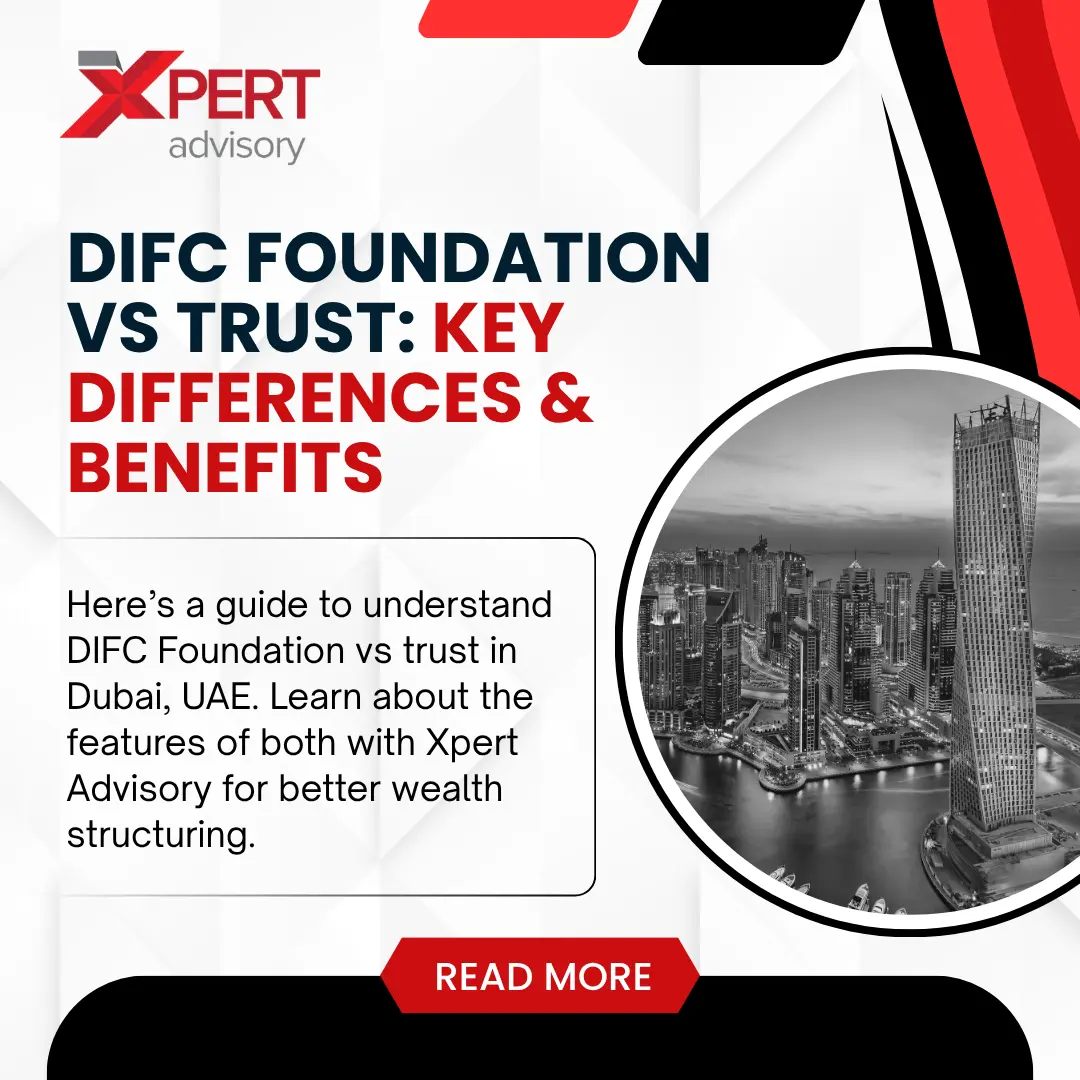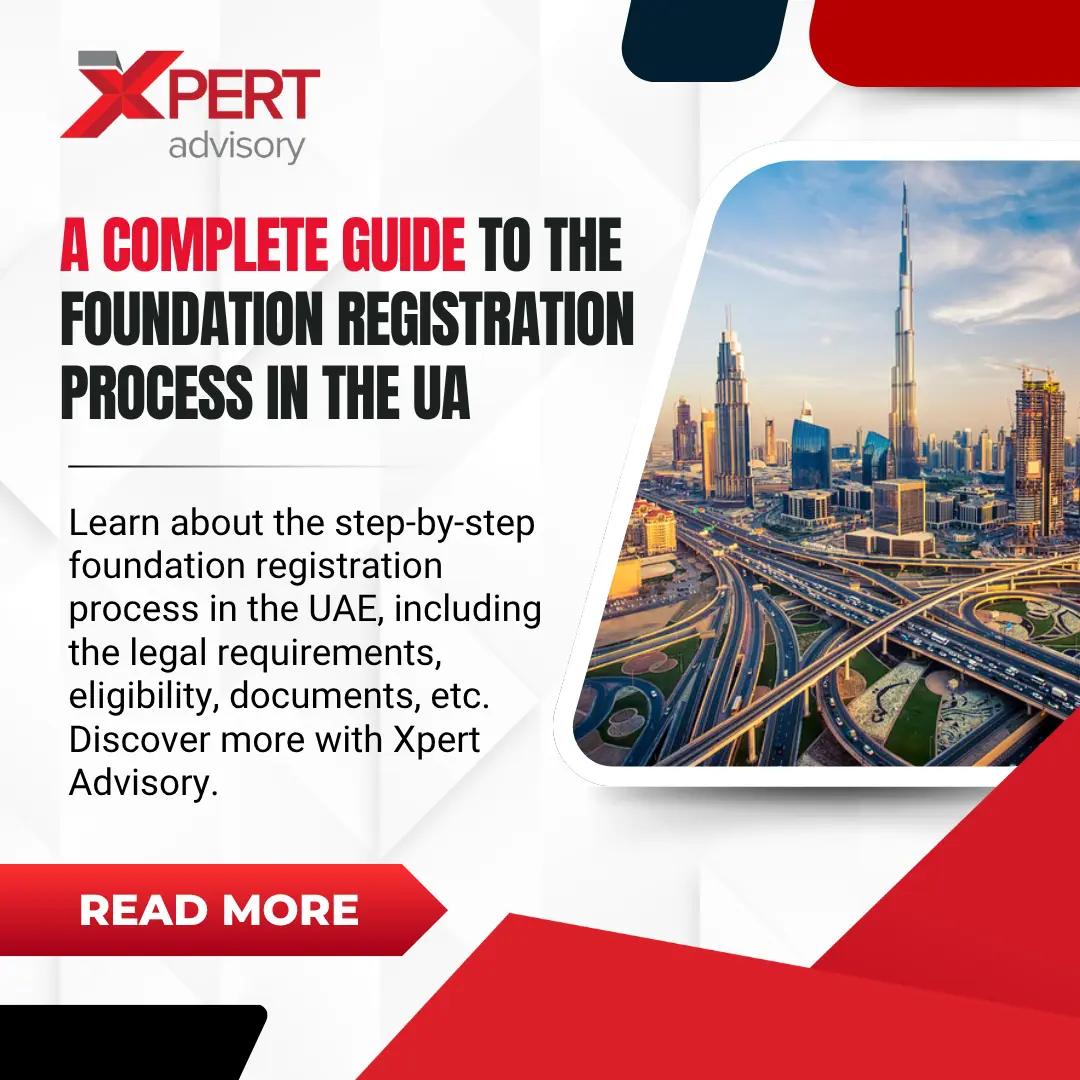Modern corporate environments require compliance because organisations need this essential element to fulfil their organisational objectives. Organisations achieve their compliance obligations by depending mainly on compliance officers and compliance managers. Although both roles aim to achieve the organisational purpose, they handle different responsibilities under different operational limitations. Let’s break down the professional tasks between compliance managers vs compliance officers within corporate compliance programs.
What is the Role of a Compliance Officer?

A compliance officer is responsible for performing professional tasks to ensure compliance with external rules and establish internal guidelines for the organisation. A compliance officer needs to verify continuous adherence to industrial industry standards along with governmental authorities at all times.
A compliance officer must fulfil the following responsibilities:
- Regulatory Compliance: A compliance officer’s role involves making sure the organisation operates within every applicable law and regulation. The officer maintains current knowledge about regulatory changes by making sure established internal policies and procedures follow all regulatory requirements.
- Monitoring and Auditing: An organisation needs to maintain regular audits through monitoring functions to detect potential compliance violations. Both audits and investigations within an organisation fall under the supervision of the compliance officer.
- Risk Management: This is a compliance officer’s task, which leads to department collaborations to mitigate risks according to their risk management accountability.
- Ethical Oversight: The important aspect of this role includes overseeing ethical standards throughout the organisation. Moreover, the compliance officer maintains the responsibility to verify all company operations stay clear and ethical.
- Training and Communication: A compliance officer depends on effective training and education along with clear communication skills as their main responsibilities. Also, they lead staff training sessions about compliance issues and verify the understanding of policies needed for compliance among employees.
Success in a compliance officer position depends on possessing the necessary knowledge of all relevant laws and regulations that target the industry sector. Workers seeking this role need both extensive industry experience and relevant certifications like Certified Regulatory Compliance Manager (CRCM) or other equivalent credentials.
What is the Role of a Compliance Manager?

Organisations like government agencies hire compliance managers to develop their compliance programs and then implement and control these program elements. The compliance officer’s duties overlap with the compliance manager’s duties, though the manager possesses broader supervisory responsibilities.
The following are some responsibilities of a compliance manager:
- Policy Development: The compliance manager develops and implements policies and procedures that conform to laws, regulations, and industry standards.
- Oversee Compliance Programs: The compliance manager holds the responsibility to guide organisations through executing their compliance program throughout all departments of the company. They must check whether the program functions properly and employees correctly follow its procedures.
- Team Management: Team supervision is a core duty of compliant managers since they direct different compliance officers.
- Risk Assessment: The compliance manager serves as the leader for organisational risk assessments to find business risks and executes steps to lower the chances of violations.
- Regulatory Updates: The team must maintain awareness regarding all regulatory changes and distribute current requirements to every member of the organisation.
In short, a compliance manager performs daily compliance duties, but their duty extends to managing staff members and supervising organisational compliance objectives. Higher-level executives, including the chief compliance officer, assess the workflow through which they implement strategic enforcement activities and manage compliance procedures.
Compliance Manager vs Compliance Officer: A Comparison
The following comprehensive table differentiates between a compliance officer and a compliance manager for better understanding:
| Aspect | Compliance Officer | Compliance Manager |
| Role Focus | Ensures day-to-day adherence to regulatory requirements | Oversees the compliance program and sets compliance strategy |
| Responsibilities | Conducts audits, monitors activities, and reports violations | Develops policies, manages team, ensures regulatory alignment |
| Position Level | Entry to mid-level | Mid to senior-level |
| Team Leadership | Usually, an individual contributor | Manages a team of compliance officers or analysts |
| Scope | Narrow – focused on specific tasks | Broad – focuses on overall compliance strategy |
| Reporting To | Compliance Manager or Senior Compliance Officer | C-suite executives (e.g., Chief Compliance Officer, CEO) |
| Career Path | Can grow into Compliance Manager or Specialist roles | Can move into Director or Chief Compliance Officer roles |
Compliance Officer vs Compliance Manager: Career Paths
Compliance officers usually initiate their career paths by working in technical or operational fields that concentrate on particular compliance elements. The path to becoming a chief compliance officer starts with monitoring and auditing work so professionals can advance their careers after gaining enough experience.
On the other hand, compliance managers handle a wider range of duties in their positions than compliance officers. Their initial role as a compliance officer leads to management responsibilities when they get years of experience overseeing compliance operations.
Due to the supervisory responsibilities and the need to interact with executives, compliance managers may require enhanced leadership abilities and superior communication competencies.
Which Skills Are Required for Compliance Officer and Compliance Manager Roles?
For these positions, employees must demonstrate a deep understanding of regulations together with industry standards knowledge. The required skills and knowledge demonstrate slight variations between each position:
Compliance Officer
- Auditing, together with detailed analysis and investigations, needs to be among their primary competencies.
- Strong understanding of regulatory compliance laws, policies, and procedures.
- Both roles require professionals to deal with compliance issues and violations through ethical and honest methods.
Compliance Manager
- A manager must demonstrate excellent leadership abilities because they need to manage their teams.
- Effective communication abilities enable the compliance program to match up with organisational goals.
- Breadth-based evaluation and reduction of risks throughout extended organisational scales.
Final Words
Choosing between a career as a compliance manager vs compliance officer depends on your professional strengths, interests, and long-term goals. The position of compliance officer suits you when you prefer operational compliance work that combines monitoring company compliance with law enforcement. However, the job of compliance manager suits you better if you want to direct teams through strategy creation and program oversight.
Choosing between a compliance officer or manager role depends on your strengths and goals. At Xpert Advisory, our AML compliance consultancy supports both—offering expert guidance in operational monitoring and strategic program leadership. Strengthen your compliance framework and protect your business from risk. Get in touch with us today to stay ahead of AML regulations.
FAQs
Can a Compliance Officer Become a Compliance Manager?
A compliance officer will qualify as a compliance manager through experience alongside advanced certifications and established leadership skills. However, additional experience in team management and strategic program development is required for this position.
Do Compliance Officers Need Identical Qualifications as Compliance Managers?
Yes, the roles demand educational experience in law business or related fields as well as certifications, including Certified Compliance & Ethics Professional or Certified Regulatory Compliance Manager. However, compliance managers need supplementary qualifications, which extend from leadership to management.
Does the Compliance Manager Possess Greater Authority than the Compliance Officer?
Yes, the Compliance Manager maintains superior authority due to their responsibility for developing and operational oversight of entire compliance programs. As part of their duties, they supervise compliance officers who make regular reports to senior management and board members.






